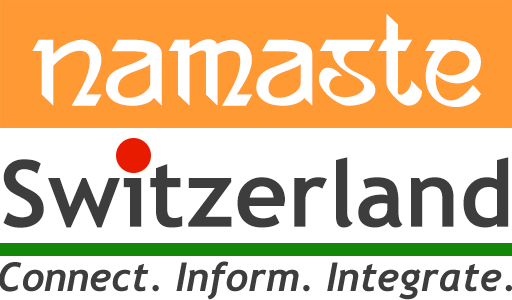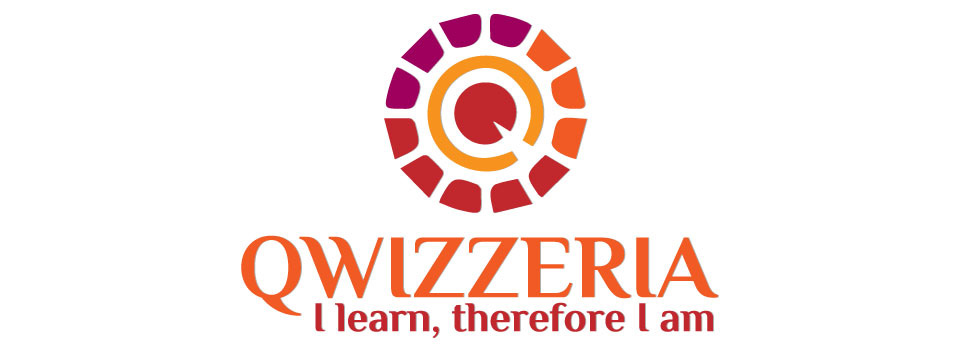 Guru Joshi. He got a PhD in Chemistry at the University of Bristol, worked at the University of Austin, Texas and then did his postdoc at ETH Zurich.
Guru Joshi. He got a PhD in Chemistry at the University of Bristol, worked at the University of Austin, Texas and then did his postdoc at ETH Zurich.
And – nowadays – Joshi’s typical day begins at 7:30 a.m. He carefully washes up shiny violet aubergines and chops them. Crushes some peanuts, and grates some fresh coconut. Mustard seeds crackle in hot oil as he adds some curry leaves and garlic to make a rich gravy bursting with the complex flavors of a South Indian curry. He’s making Badnekaya Palya (aubergine curry), his mom’s speciality back home in Dharwad, Karnataka. This time, he sells it to a queue of eager customers in Basel.
There’s Thomas who comes every Thursday to try the Kumbalakaya Palya – stir fried pumpkin; and there are a lot of other Indian expats, Basel locals and tourists who have some time to kill at the SBB. Life has been busy for Joshi since he started the Dabbawallahs eatery at the Markthalle in Basel. Running it is his version of the Indian dream.

How did a chemistry post-doc originally from Dharwad end up selling Badnekaya Palya in Basel?
(“Bad-nay-kaya,” he mimics the Swiss-German accent, adding that he retains the original names of all the dishes without translating them because it makes people curious.) After Joshi graduated from ETH Zurich, he went on a hunt for that elusive job in Switzerland. It wasn’t as easy as he hoped it would be but even more worrying was the question of whether he even wanted to do chemistry anymore.
One day when he was out with a friend, they ended up discussing work. The meaning of work. The philosophy of work. When the friend asked him, what he’d do if money didn’t matter. “Cook.” That’s what came to Joshi’s mind. “I wanted to do something that doesn’t feel like work. Cooking is not very different from chemistry if you think about it. You steam raw rice and it becomes boiled rice. That’s a chemical process.”
He seemed to have treated cooking as an unconventional chemistry experiment when he began toying with the idea of starting a food delivery business in Basel. In December 2014, Joshi told his friends to call him and “order” food at random times. Then he would cook meals in his kitchen and go around on a bicycle and deliver them. Named after the iconic dabbawallahs – people who deliver a million lunches every day across Mumbai, his business gained more popularity than his small home kitchen could handle. In July 2015, he opened the Dabbawallahs stall at Markthalle right next to the railway station.

Joshi isn’t the typical restaurateur you’d imagine.
He never trained as a chef. Growing up, he always wanted to help out in the kitchen, but his mom wouldn’t have it. Asked whether it’s because he is a boy or whether she didn’t want kids messing around in her space, he grins. “Both. But she let my sisters do only a little bit more than me.”
His first meals were cooked in his Bristol apartment when he was doing his PhD in 2006. “I would taste something simple like Mosaranna – curd rice with some pickle and be completely astonished by how food can instantly transport you back home.” After Bristol, he found himself working at the University of Austin in Texas before finally moving to ETH. Disappointed with the variety in Indian food available in Switzerland, Joshi began cooking more. It is here that cooking for others became a calling for him. “I realized that I don’t enjoy cooking for myself as much as having friends over to sit down and eat. But I had no experience whatsoever.”
Growing up, Joshi watched his mother bring a sacred devotion to the food she cooked. She even chanted mantras while cooking. So is food also a spiritual endeavor for Joshi then? “I don’t separate material and spiritual. It’s not that I chant Mantras while cooking. But it’s about being in a good mood and not being stressed. Stress can also transform food. I don’t worry about time. If I am late by 15 minutes, I don’t hurry up.” It’s Joshi’s passion and easygoing air that makes the customers keep coming back.
His main aim is to bring home cooked food, as he knows it, to Basel.
One has to admit, there is little in terms of variety when it comes to Indian food in the region. The heavy restaurant style North Indian curries can get a little repetitive. Moreover, Indian restaurants here rarely do justice to the sheer diversity of food cultures in the sub-continent. Joshi wanted to do something different – offer a taste of Indian food that most Swiss aren’t familiar with. “I could add cream to every dish of mine and make it all taste the same but that’s not what I wanted.” When he has paneer on the menu, he’s almost always sold out. But he wouldn’t do that every day because it’s not about the money, he says. “I would still cook what makes me happy rather than mass produce the same food for more business. I like to offer variety and emphasize on authentic food and fresh ingredients.” It’s not that he doesn’t have the occasional customer who is disgruntled by the deceptively simple dishes on offer. “Kaddu hain aaj, kaddu nahin chahiye”, Joshi imitates. (It’s pumpkin on the menu today. I don’t want pumpkin.) On an average day, you can find fresh and light dals, vegetable stir-fries, paneer, rice and rotis on the menu apart from mango lassi, chai etc.
“The hard questions are how spicy your food should be. Some people would say that my food isn’t spicy so it’s not authentic at all. Not all Indian people eat spicy food. It’s a stereotype.” What seems to work well for Joshi is that he has had no education as a chef and isn’t programmed a certain way. “I am not saying that trained cooks are bad, but I don’t have a set routine of doing things.”

Was it difficult then, to set up a business in Switzerland being an expat?
Joshi thinks to have a Swiss wife made it easier even if it wasn’t easy. His wife Michelle does all the buchhaltung, keeping accounts and handling work that requires an advanced knowledge of German. Michelle is also a shareholder in the company. He says that an expat with a C-permit can easily do business. The tricky part is language proficiency. Joshi thinks that hiring a lawyer or getting friends to help makes things easier. Although he can get by in German, he doesn’t think he’s good till he can expertly “philosophize” in the language. Joshi’s future plans include involving Indian expat spouses who are homemakers in the business. For the moment, he isn’t thinking about linear expansion.
How did Joshi’s parents take to their son shifting from a science career to set up a food stall? He says that it was difficult in the beginning. They didn’t see it as a “white collar job”. “It was unimaginable for my parents that their son would choose to cook for people after so much education. You know how it is especially for Indian parents. I told them that I am doing it because it makes me happy. And they are very tolerant beings,” he says, reflectively. When his parents came to visit him in Switzerland, they saw how happy it made their son and were ecstatic.
About Yamini
 Yamini Deenadayalan is a doctoral psychotherapy student, Enneagram therapist and filmmaker. She is into interpreting dreams, wearing lots of jewelry and eating exotic food. (Not necessarily in that order.) A former journalist, Yamini moved to Switzerland from Delhi two years ago. Her documentary film on a Delhi artist community for a Swiss production company will be released later this year.
Yamini Deenadayalan is a doctoral psychotherapy student, Enneagram therapist and filmmaker. She is into interpreting dreams, wearing lots of jewelry and eating exotic food. (Not necessarily in that order.) A former journalist, Yamini moved to Switzerland from Delhi two years ago. Her documentary film on a Delhi artist community for a Swiss production company will be released later this year.
Disclaimer: Written in good faith, we do not undertake any financial/reputational impact or other obligations/liabilities that may arise from the content.













